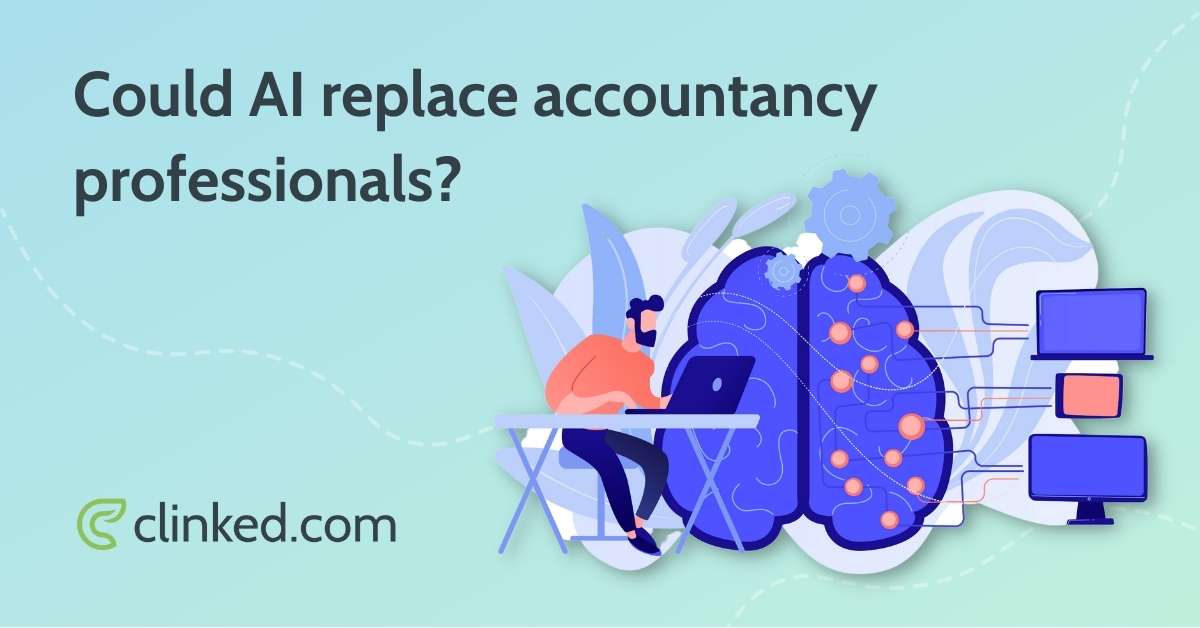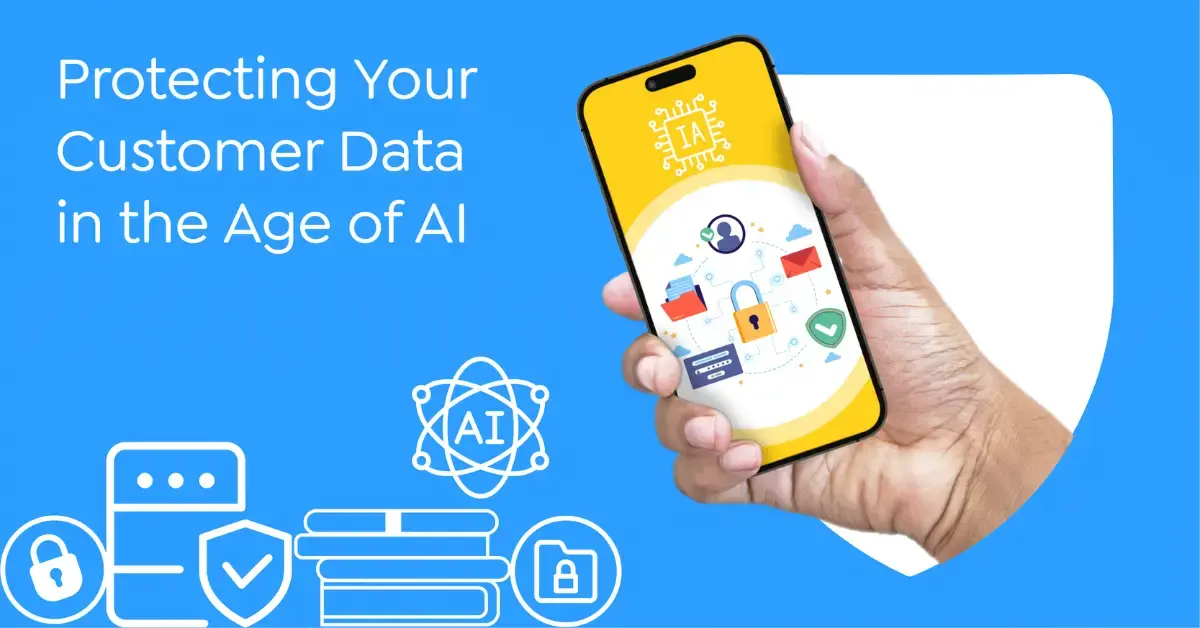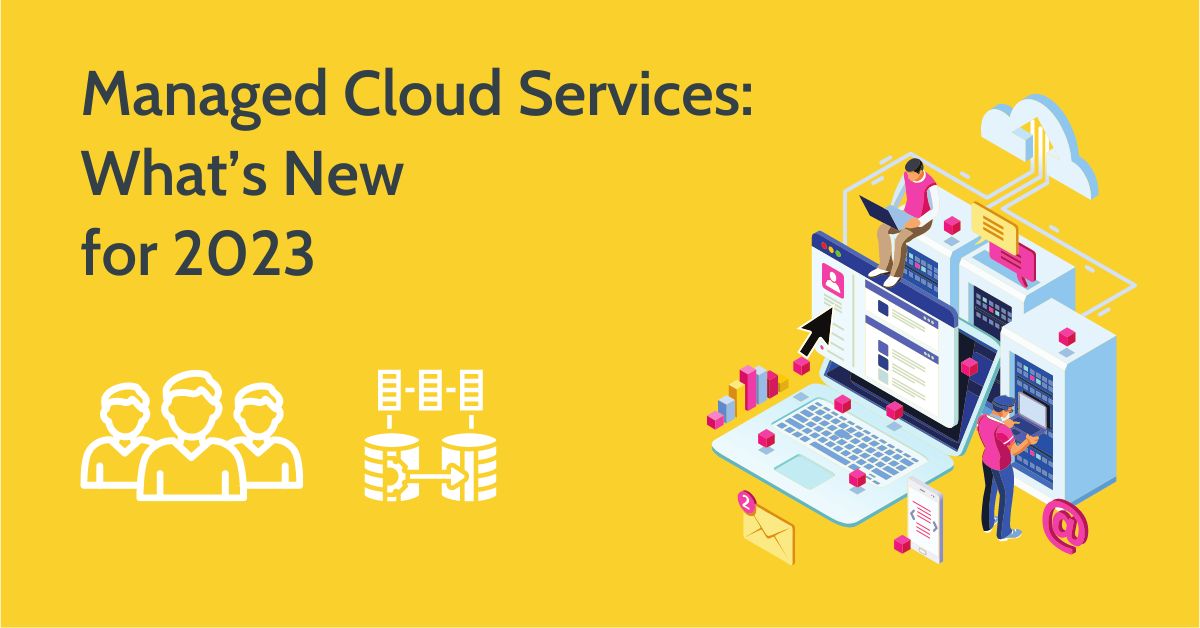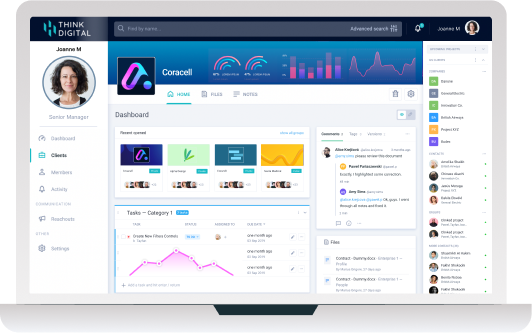With the seemingly constant development and implementation of technology in the workplace, it is a valid concern for many in accountancy, that artificial intelligence (AI) might eventually make their jobs obsolete, particularly ones where human error is a risk that could lead to serious consequences.
The likes of luminaries such as PwC and Oxford University have predicted that within 20 years, 97.5% of accountant clerk and bookkeeper jobs could be automated. However, those statements were made almost 10 years ago, and it would seem that those early fears of AI making great swathes of accountancy professionals redundant, don’t represent the reality of the 2020’s. The question is, does AI still have the potential to replace professionals working in the field of accountancy, or is the very concept, fantasy?
According to the US Bureau of Labour Statistics (2018), there is nothing to fear when it comes to AI replacing accounting jobs. Indeed, the USBLS, actually projected a 7% increase in demand for accountancy jobs between 2020 and 2030, despite the presence of AI, suggesting that the additional time gained from not completing the mundane tasks allows accountants to become more proficient in their advisory and analytical duties. This is quite a contrast from the claims made by PwC and Oxford University. Let’s break down the pros and cons of AI in relation to the accounting profession.
What is AI useful for in accounting?
AI can automate tasks such as data entry, report generation, payroll, bank reconciliation and contract interpretation. These tasks are typically repetitive and if you are working for a firm with a substantial workload, it’s a relief to know you can rely on tools such as AI to manage repetitive tasks quickly and with accuracy while you dedicate your time to other aspects of the business.
What are some potential issues with AI?
It goes without saying that AI can work better than humans in many ways, but don’t give up on the humans just yet - AI does of course have shortcomings:
- AI isn’t quite as smart as some would have you believe - for example, AI is unable to make strategic decisions. While AI can deal with all the number crunching, it doesn’t have the capability to advise a business owner what to do with the numbers. The strategic decisions based on the data have to be made by humans who understand how to interpret them.
- AI is unable to determine the reliability of data sources - If an employer wanted to, they could charge a personal expense under the guise of a company expense, and AI would likely not think twice about it, allowing suspicious activity to go unnoticed.
- There are security and ethical concerns surrounding the use of AI - According to the Centre for Data Ethics and Innovation (CDEI) (2019), bias was highlighted as a major ethical concern with AI because “machine learning systems can, intentionally or inadvertently, result in the production of already existing biases”.
Is AI really comparable with humans?
Although AI will be able to complete some accounting tasks more efficiently and without human error, it does not mean accountants are going to be made redundant. There are still human elements of accounting that could not possibly be achieved by a computer. Let’s have a look at them:
- Instinct - This comes with experience. A well-seasoned accountant will possess the ability to recognise problems before they start to materialise, and take the necessary measures to eradicate them.
- Experience - What’s great about us humans is that we can draw on previous experience with clients to better assist present and future clients. Although AI could use simulations, it does not have the capacity to reflect and apply the relevant knowledge to immediate circumstances.
- Trust - Unlike software, it is in our nature to develop relationships with people we interact with. As we all know, fostering positive relationships with clients is key to a successful business, and this would not be achieved with AI.
- Interaction - Although AI can communicate with clients, it may take longer to get to the root of the issue relying on a process of elimination rather than a reciprocal conversation, leaving the client feeling frustrated and helpless. It may be preferred by most people to speak to a real person so they can have their needs addressed immediately.
- Compassion - Quite frankly, computers do not understand humans. They have no clue about a client’s stake in the company, nor can they interpret human emotions... because they’re software. Again, this could lead to a lack of trust between client and company because of the impersonal nature of communication.
Conclusion
The bottom line is that AI can provide immense value to organisations in completing repetitive tasks, that will ultimately free up time for accounting professionals and add value for clients. Indeed, Gartner has suggested that AI will actually create more jobs than replace them! Clearly the human element is still fundamentally vital to the successful operation of an accountancy business. Contrary to the initial view of PwC and Oxford University, it seems the common understanding now is that AI may transform accounting, but it’s our view that for the foreseeable future it’s unlikely to replace accountancy professionals.
If you're an accountancy professional looking to increase the efficiency of your business without the leap to AI, Clinked provides an affordable and effective suite of tools to support your accountancy business.









Let Us Know What You Thought about this Post.
Put your Comment Below.